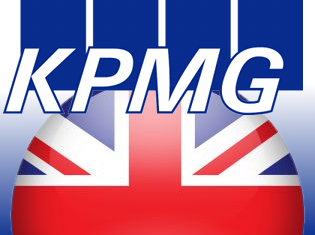 The UK’s proposed 15% point-of-consumption (POC) tax on online gambling gross profits will not only fail to achieve its stated aims of protecting consumers, it could put UK-facing operators out of business. Those were the conclusions of a KPMG report commissioned by the Remote Gambling Association (RGA), which is seeking to convince the government to reduce the tax to a more manageable rate of 10% or less.
The UK’s proposed 15% point-of-consumption (POC) tax on online gambling gross profits will not only fail to achieve its stated aims of protecting consumers, it could put UK-facing operators out of business. Those were the conclusions of a KPMG report commissioned by the Remote Gambling Association (RGA), which is seeking to convince the government to reduce the tax to a more manageable rate of 10% or less.
The UK gov’t intends to introduce the POC tax in its next budget in March, with the changes slated to take effect Dec. 1, 2014. Once imposed, all operators taking wagers from and advertising to UK customers must hold a license issued by the UK Gambling Commission, effectively spelling an end to the privileges of operators in so-called ‘white list’ jurisdictions – Alderney, Antigua and the Isle of Man. The change would also affect the multitude of UK operators who relocated their online operations to Gibraltar in recent years, many of which are RGA members and together have raised a £500k war chest to fund a potential legal challenge of the POC tax with the European Commission.
While the UK gov’t insists the true intent of the POC tax is to bring operators under the regulatory umbrella of the Gambling Commission and thereby offer UK punters greater protection from online shenanigans, the Treasury has estimated the POC tax would boost gov’t revenue by £300m annually. However, the KPMG study claims this estimate doesn’t factor in the likelihood that operators would foist the new cost of doing business onto punters, many of whom would switch to unlicensed operators offering better returns. RGA CEO Clive Hawkswood said a tax above 10% was “not sustainable” in a mature market like the UK “where consumers already know what level of value and choice to expect.”
The RGA is also seeking to exempt certain incentives and bonuses from the new tax. Hawkswood warned that once imposed, the POC tax could result in negative changes to the market that a subsequent lowering of the tax rate may not be able to undo. Hawkswood said it was “vitally important that the government does not repeat past mistakes” that led to the earlier mass exodus of the UK betting firms to Gibraltar.
